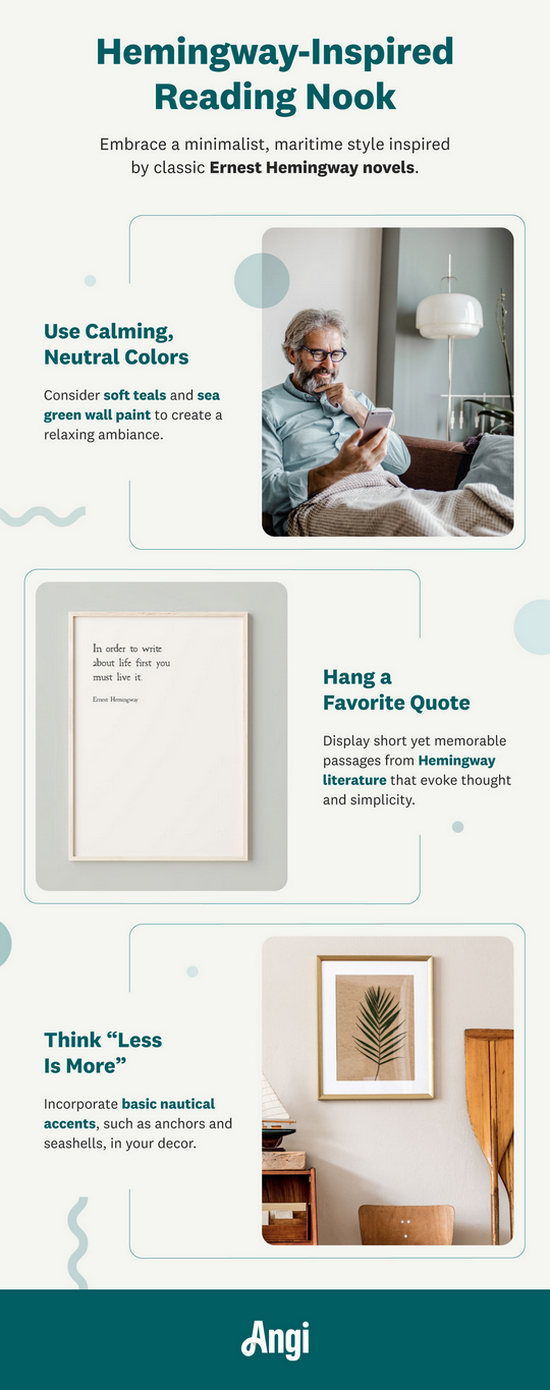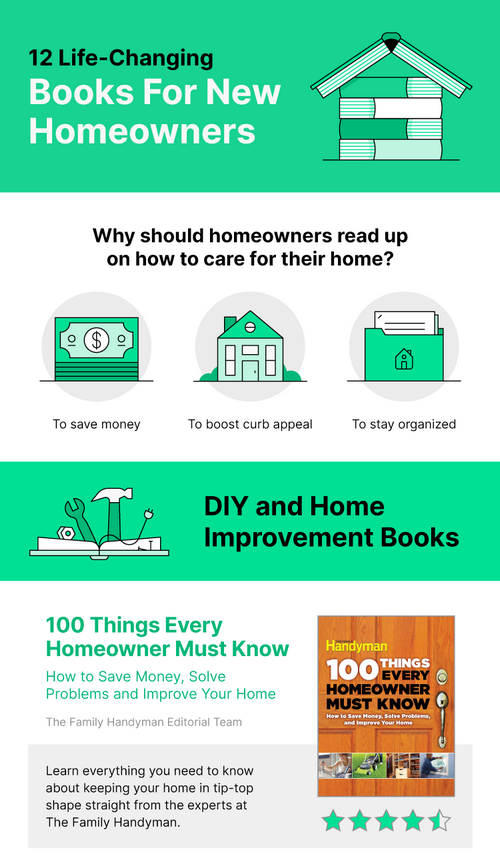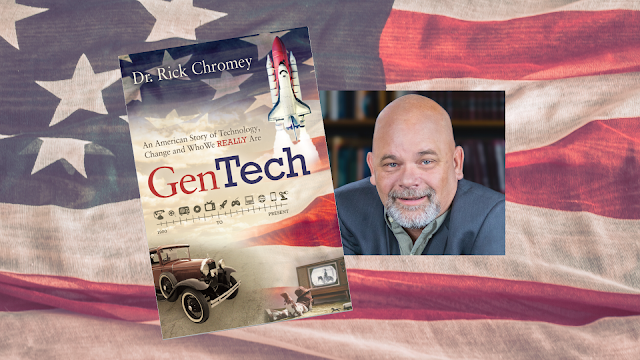
1996: The Year a Book Turned Things Around
by K.R.R. Lockhaven
In 1996 I was a junior in high school with an ever-growing urge to drop out.
The shitty thing was, I had always been good at school up to that point. Earlier in my academic career, I had been given a chance to join this gifted program, but I had spurned it because all I wanted to do was drink, talk to girls, and steal everything that wasn’t nailed down. The change had been sudden.
I could try to blame this change on hanging with the “wrong crowd,” which was definitely a part of it, but the blame was mostly on me. I had very little self-confidence back then, and even less purpose in life. Looking back, I can see that a big part of it was the fact that I had given up on a very important part of my life to that point.
I had given up on fantasy books, both reading them and writing them.
Throughout middle school and into high school I had been an avid reader of the Dragonlance series, and I had started writing a fantasy series of my own. My books were so close to the Dragonlance books in content they probably could have been considered plagiarism, but I absolutely loved writing them. I would lovingly draw each character and make detailed maps of my made-up worlds. I wish I still had them, but nearly all of it has been lost over the years.
I was extremely nerdy, but I didn’t have any nerdy friends. So once I became aware that my interests weren’t cool, I began to hide them from people. What once brought me joy slowly became something shameful. Eventually, I abandoned the whole idea of writing and began to fill that void with all the wrong things.
Anyway, back to 1996, the year I picked up the book The Sirens of Titan by Kurt Vonnegut. At this point I was no longer an avid reader, but I still had reading assignments from time to time in school. I wish I remembered the circumstances, as it ended up being such a pivotal moment in my life, but I don’t. What I do remember is how that book completely floored me. It brought back all that love of stories I used to have, and although it took a while to fully realize it, it sparked the idea that would soon give my life the purpose I had been missing.
I don’t want to spoil the book at all, but I think it’s safe for me to say a few things about it. For example, its explanation for the purpose of all human life is one of the darkest and funniest things I’ve ever read. It’s hard to explain how that changed my way of thinking, though. I guess the idea that there was no ultimate purpose in life, or that such things could be joked about, was very freeing. My teenaged mind hadn’t really contemplated such things before, but Vonnegut’s wisdom and satire had brought so many new ideas to the forefront. One of those ideas came from the following line: “I can think of no more stirring symbol of man’s humanity to man than a fire engine.” This one line in a book I just happened to pick up in 1996 led me to where I am today, sitting in a fire station, writing a blog post about reading and writing. The goal of becoming a firefighter, although vague at first, helped to keep me on track through some tumultuous times.
I’m currently working as a firefighter while pursuing my middle school dream of being a fantasy author. My writing is nothing like Dragonlance, or Vonnegut, but I can definitely see their influences in everything I write.
 My book, The Conjuring of Zoth-Avarex: The Self-Proclaimed Greatest Dragon in the Multiverse can be found here here and the follow-up, a Choose Your Own Adventure-style novella, can be found here here.
My book, The Conjuring of Zoth-Avarex: The Self-Proclaimed Greatest Dragon in the Multiverse can be found here here and the follow-up, a Choose Your Own Adventure-style novella, can be found here here.
You can find me on Twitter—@Kyles137 or at my website krrlockhaven.com.
Header image by jplenio from Pixabay
![]()







